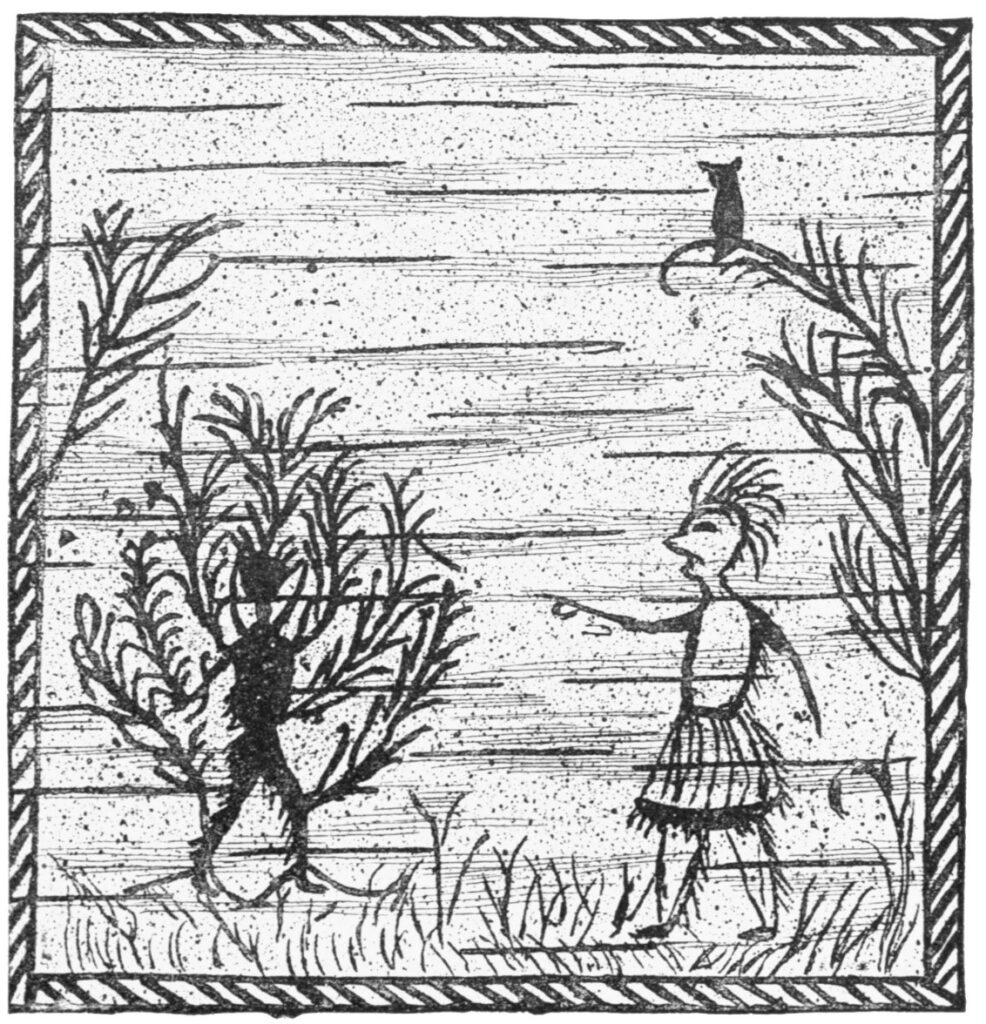P ~ B ~ 1 ~ 2 ~ 3 ~ 4 ~ 5 ~ 6 ~ 7 ~ 8 ~ C

This first question presented to voters by the Charter Commission is less a question of policy and more a question of values. How should the Charter itself introduce itself to its readers, both in Portland and the world, in its very first paragraphs? In the first of the Commission’s eight reforms, they propose that it should do so with a Land Acknowledgement.
Already commonplace in Canada, Australia, and New Zealand, ‘Land Acknowledgements’ are tokens of recognition and appreciation, preceding speeches and texts, for the ancestral guardians of the land beneath us – in other words, those Native Americans who were here before the first Europeans stepped off the boats. In Canada, relations with the “First Nations” peoples (as is the common parlance there) play a larger role in the culture and consciousness than in the USA, and before nearly any speech made by a left-of-center politician, government official, university spokesperson, etc. the speaker will open with such an acknowledgement, naming individual tribes specific to regions. Documents promulgated by such persons and institutions often also feature a paragraph to this effect at the outset. While held up as a dignified honor towards the Americas’ first peoples by proponents, critics lampoon the seeming emptiness of such words, often woodenly recited in an academical HR-ese. The Native Governance Center (NGC), based in Minnesota (Mni Sota, in the Dakota language), has issued this guide to crafting an adequate acknowledgement.
Whether and how contemporary citizens of the United States ought to recognize the claims to ancestral sovereignty made on the land by (or on behalf of) indigenous Americans is a topic which is well beyond the scope of this report. But as such land acknowledgements become more common in the United States, Portland may find itself on the very vanguard of this movement – very few other towns have integrated such statements into their core governing documents, even if they do incorporate acknowledgements elsewhere. The proposed land acknowledgement proposed reads as follows:
“Portland is located in the unceded territory of the Aucocisco Band of the Wabanaki, which also includes the Abenaki, Maliseet, Mi’kmaq, Passamaquoddy, and Penobscot people. European colonizers displaced Wabanaki people by force and went on to displace and harm indigenous peoples throughout what is now Maine and the United States. We acknowledge that displacement and that harm with sorrow, even as we celebrate and honor the Wabanaki knowledge and culture that continue to thrive in the Tribal Nations that have and always will call this place, the Dawnland, their home.”
This language, if approved, will be appended to the preamble of the charter. While the language employed here is strong, “colonizers”, “by force”, “harm”, etc. it actually falls rather short of the recommendations from the NGC, which suggests even more assertive terms like “genocide” and “stolen land” to be used.
A legal question was raised during the proceedings of the Charter Commission, in which some members feared that by adding this language to the preamble, “Portland is located in the unceded territory…”, the city might be opening itself to potential legal action from the current-day heirs of these tribes. After all, the city’s representatives, affirmed by a majority vote, admit the city sits on their land. Ought not these tribes be compensated for the totality of the land? Could a United States judge enforce such an action? Ultimately, the Commission’s legal counsel advised them this is unlikely to be a concern.
The land acknowledgement, though certainly the most notable addition to the introductory chapter of the charter, is not the only change. The rest of the preamble has also been rewritten to reflect subtle shifts in perspective. We will not be lingering on this, as the differences are minor. Most of the changes are to tighten up the language, spilling less ink to convey the same principles, and to update some terms which have shifted in connotation (replacing ‘welfare’ with ‘common good’, for example.) Perhaps the only change that might raise an eyebrow is that the part of the paragraph which had enshrined ‘equal rights’ now speaks of ‘equity and inclusion’ as foundational principles. The distinction between ‘equality’ and ‘equity’ is another subject well-treated elsewhere. The full text can be read here.
Unlike most of the other proposals, this proposal can’t be explored mechanically, given context with statistics, or held up for examination on the technical merits. This first ballot question is an inquiry into the voter’s values, how we view – and how we should view – our modern society’s precepts and relationship with the indigenous societies which came before, and still persist today.
~
Why might you vote in favor? – If you believe that it is important, morally and ethically, to acknowledge the past, present, and future guardianship of the land by indigenous Americans, and to codify such an acknowledgement into our governing charter. The past may not be able to be changed, but we should never act as though conquest and genocide is something to be swept under the rug. It is better to acknowledge than to leave unsaid these truths.
Why might you vote against? – If you believe that such words are mere empty gestures, representative only of a preening sentimentalism happy to give lip service to the downtrodden as long as nothing is done for them.
Alternatively – If you believe that, whatever the crimes of our forerunners, acknowledging claims to territorial sovereignty by indigenous tribes on the basis of ethnicity is ridiculous. Further, the progress made by Mainers over the past three centuries deserves a more nuanced characterization than reducing it to a period of bloody conquest.
~
Preface
Background ~ What is the Charter Commission?
1 ~ The Land Acknowledgement
2 ~ Governance
3 ~ Elections
4 ~ Voting
5 ~ The School Budget
6 ~ Peaks Island
7 ~ Police Oversight
8 ~ The Ethics Commission
Conclusion & Opinion


